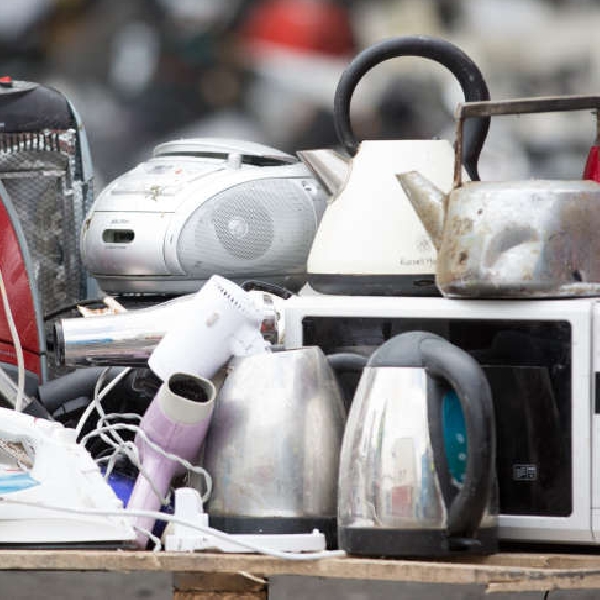
According to the report, items, packed with valuable metals, plastics, and other materials, are being squandered rather than recycled.
A new report has revealed that Kildare households are falling short when it comes to recycling electronic waste, with only 5.1 kg of e-waste recycled per person last year.
That's despite global figures showing households produce an average of 29 kg each.
The findings come ahead of International E-Waste Day, on Monday, October 14.
According to the report, items, packed with valuable metals, plastics, and other materials, are being squandered rather than recycled.
Ireland’s largest e-waste recycling scheme, WEEE Ireland, has called for urgent action to change attitudes toward electronic items like power tools, tech gadgets, and mobile phones.
Leo Donovan, CEO of WEEE Ireland, emphasised the importance of responsible disposal.
"Careless disposal represents a missed opportunity for recycling, as many of these items contain recoverable materials that can be used to make new products. Recycling e-waste should no longer be viewed as simply discarding old electronics,” said Donovan.
He added: "Instead, people in Kildare need to see it as an opportunity to recover valuable materials and contribute to the circular economy."
The report outlines the scale of the global e-waste problem, revealing that households collectively generate 62 billion tonnes of e-waste worldwide, including around 4 billion kg of metals such as cobalt and aluminium, which are essential for the electronics industry.
However, current recycling efforts only meet 1% of the demand for critical raw materials, far below the 25% target set by the EU’s Critical Raw Materials Act.
Separate research commissioned by WEEE Ireland earlier this year showed that one in eight people in Ireland continue to throw small electronic items into household bins, with younger people particularly likely to do so.



 Kildare Council Shuts Down Push By Naas Mayor To Prioritise Certain Workers For Affordable Homes
Kildare Council Shuts Down Push By Naas Mayor To Prioritise Certain Workers For Affordable Homes
 Hours Apart: Laptops And Jewellery Stolen During Two Break-Ins At Homes In Kildare North
Hours Apart: Laptops And Jewellery Stolen During Two Break-Ins At Homes In Kildare North
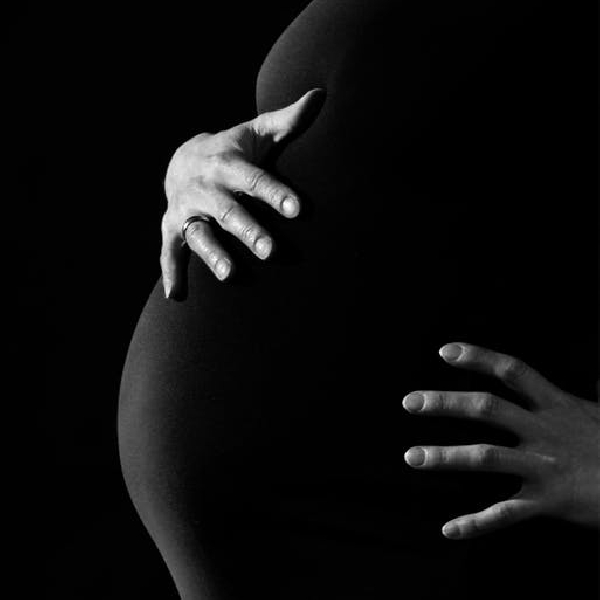 GP Gaps Post-Pregnancy Flagged As Concern For New Mothers Across Kildare
GP Gaps Post-Pregnancy Flagged As Concern For New Mothers Across Kildare
 €1.7bn Defence Plan: What We Know So Far After Curragh Camp Launch
€1.7bn Defence Plan: What We Know So Far After Curragh Camp Launch
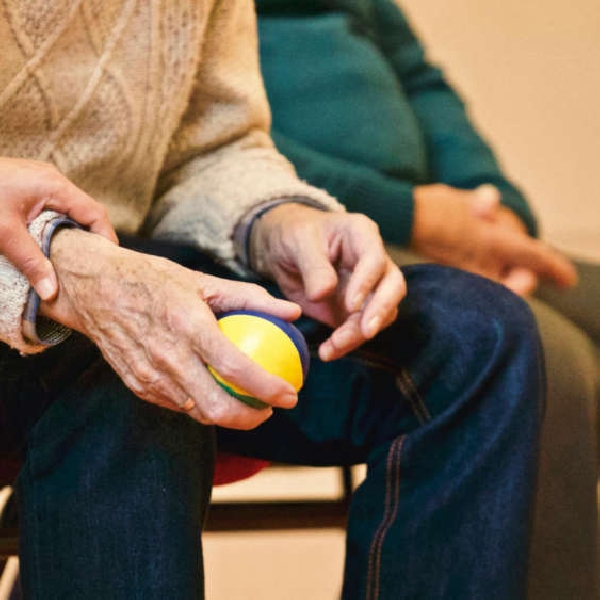 Healthcare Assistant Home Support Strike Risk: SIPTU Says Kildare Not Immune If Dispute Escalates
Healthcare Assistant Home Support Strike Risk: SIPTU Says Kildare Not Immune If Dispute Escalates
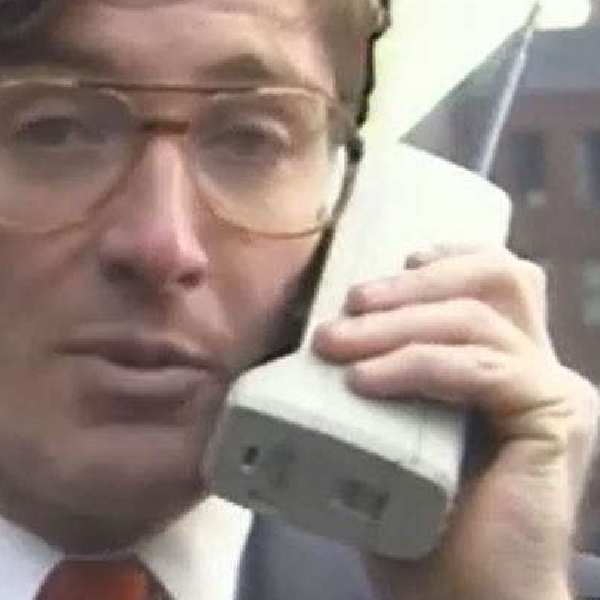 Today Marks 40 Years Since The First Mobile Phone Call Was Made - What Was Your First Phone?
Today Marks 40 Years Since The First Mobile Phone Call Was Made - What Was Your First Phone?
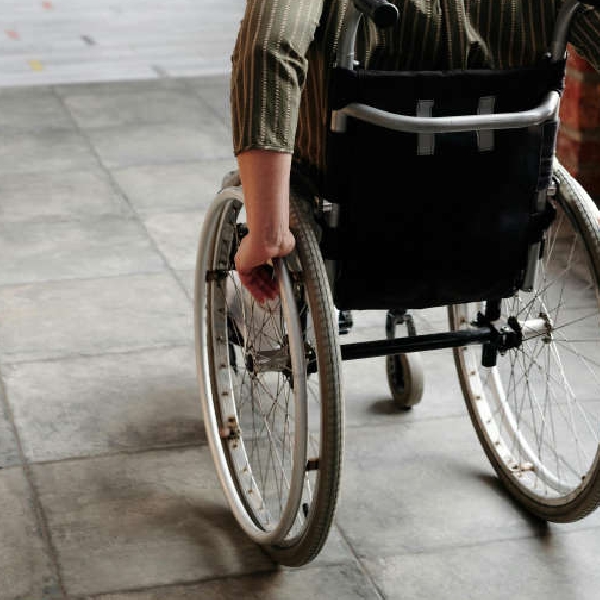 Maynooth Station Overhaul Delivers New Lifts, Lighting And Improved Access
Maynooth Station Overhaul Delivers New Lifts, Lighting And Improved Access
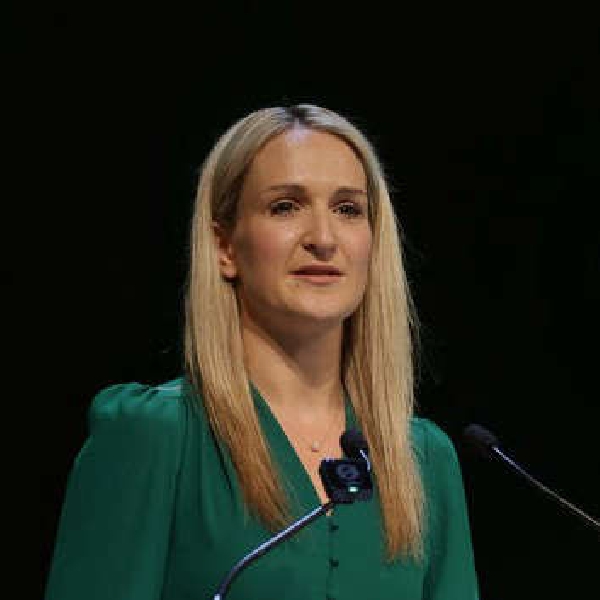 Defence Minister To Unveil €1.7bn Plan To Modernise Defence Forces As Espionage Threat Grows
Defence Minister To Unveil €1.7bn Plan To Modernise Defence Forces As Espionage Threat Grows



